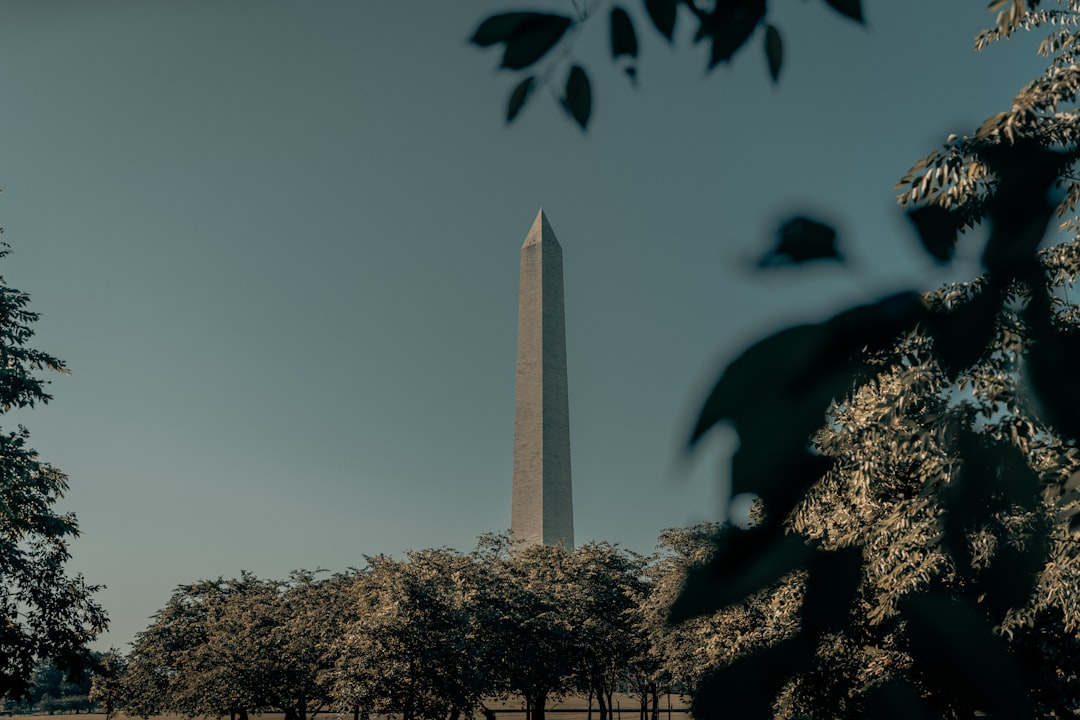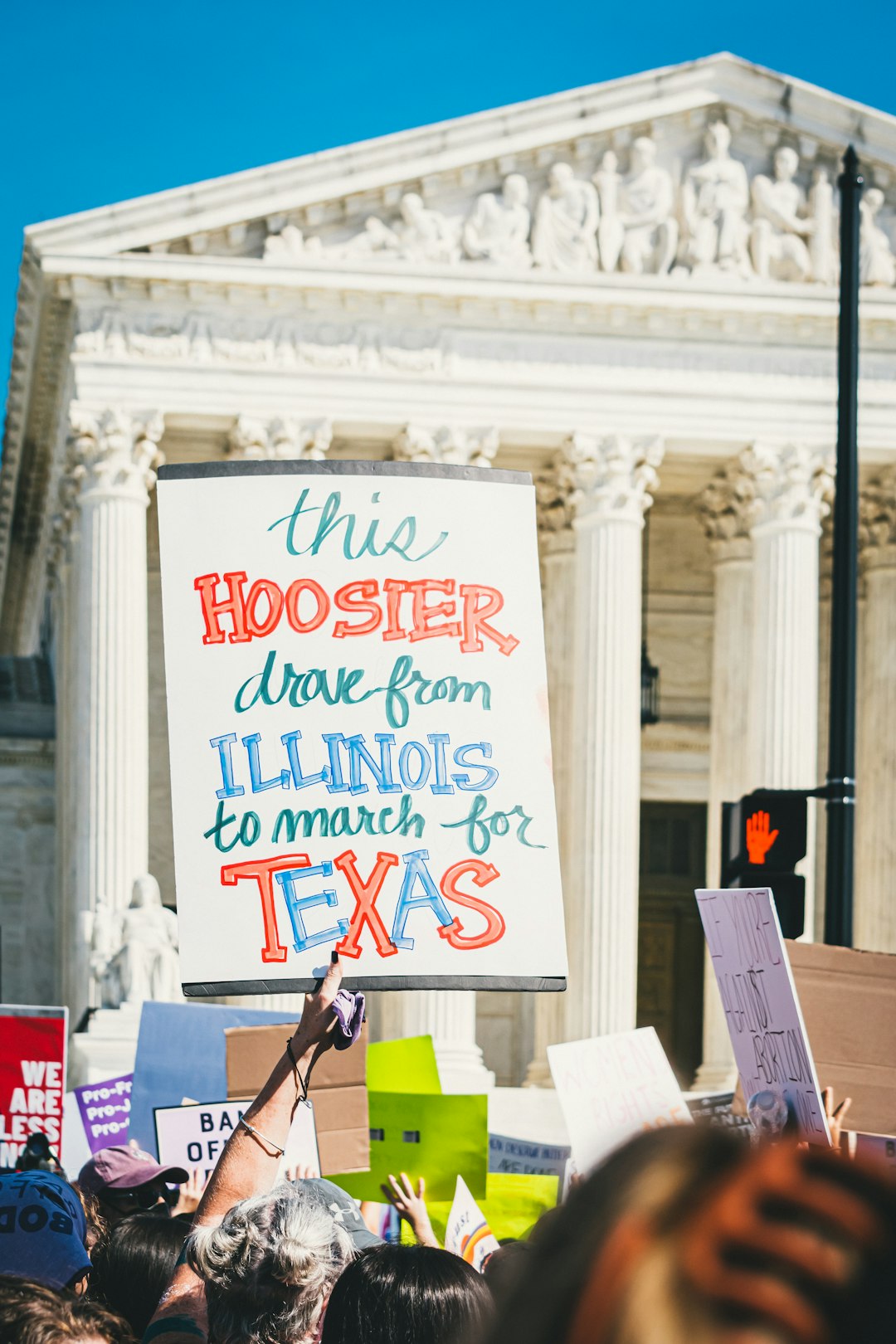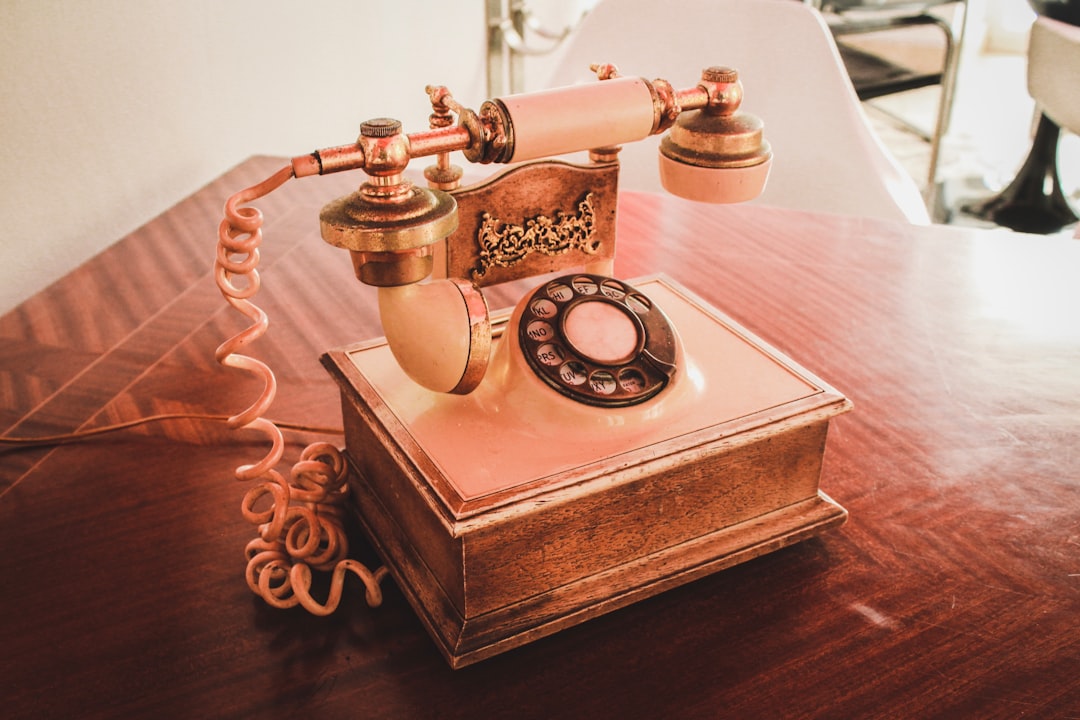Small businesses using automated calling systems in DC face stringent spam call laws enforced by dedicated law firms. The Telephone Consumer Protection Act (TCPA) requires prior express consent for robocalls, with fines up to $1K per day for violations. To avoid legal issues, businesses should adopt transparent practices, obtain explicit consent, and keep policies updated, adhering to DC's anti-spam regulations and the services provided by spam call law firms.
In the digital age, small businesses in the District of Columbia increasingly rely on automated calling systems to reach customers. However, navigating the intricate web of local regulations is essential to avoid legal pitfalls. This article explores the strict spam call laws in DC and their implications for business owners. We delve into potential risks, offer insights on compliance, and provide best practices to ensure your business stays protected under DC’s spam call law firm guidelines.
Understanding DC's Strict Spam Call Regulations

The District of Columbia has stringent regulations regarding automated calling systems, often referred to as spam calls, with a dedicated law firm focusing on these rules. These laws are designed to protect residents from unsolicited and nuisance calls, ensuring their privacy and peace of mind. Any small business utilizing automated dialing in DC must be aware of the strict guidelines, which include obtaining explicit consent from callers before initiating contact and providing an easy opt-out mechanism during each call.
Violations of these spam call laws can result in significant penalties for businesses, with fines reaching hundreds of dollars per violation. A DC spam call law firm specializes in navigating these regulations, advising businesses on best practices to comply, and representing them should any disputes arise. Staying informed about the latest changes in this legislation is crucial for small businesses aiming to operate within the District’s legal framework.
Legal Implications for Automated Calling Systems

Small businesses in the District of Columbia using automated calling systems, also known as robocalls, need to be aware of the legal implications associated with this technology. The Washington D.C. spam call law firm regulations are stringent and designed to protect consumers from unwanted and aggressive telemarketing practices. Violations can lead to substantial fines, reaching up to $1,000 per day for each illegal call made. These laws strictly regulate the use of automated voice recording systems, mandating prior express consent from recipients before initiating any robotic calls. Businesses must ensure their calling practices comply with the Telephone Consumer Protection Act (TCPA) and local regulations to avoid legal repercussions.
Protecting Your Business: Best Practices for Compliance

Small businesses in the District of Columbia that employ automated calling systems, also known as robocalls, must navigate a delicate balance between marketing efforts and compliance with local regulations, particularly the DC Spam Call Law. To protect your business from legal risks, it’s crucial to implement best practices for compliance.
First, ensure transparency in your communication by clearly identifying robocalls as such. This can be done through prerecorded messages or a live operator confirming that the call is from an automated system. Additionally, obtain explicit consent from recipients, especially when using automated dialing systems, to comply with the law’s requirements. Regularly review and update your privacy policies and terms of service to reflect these practices, making them easily accessible on your website for both customers and potential clients.






